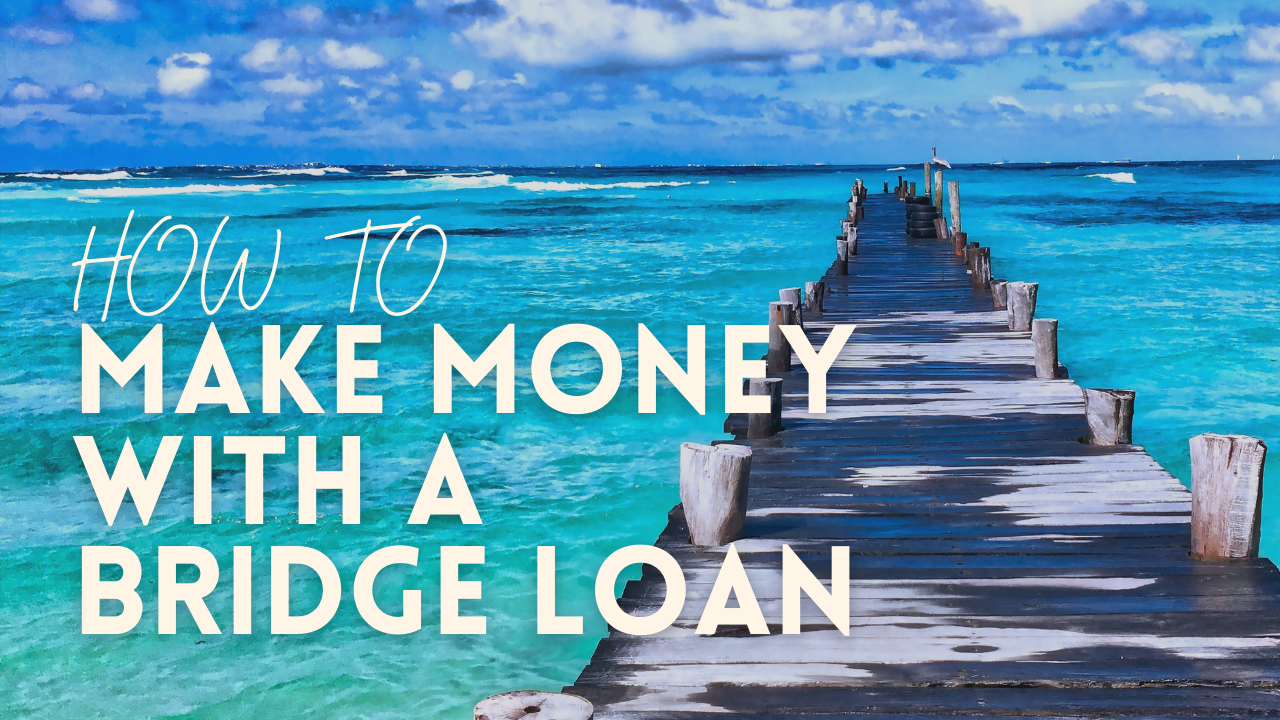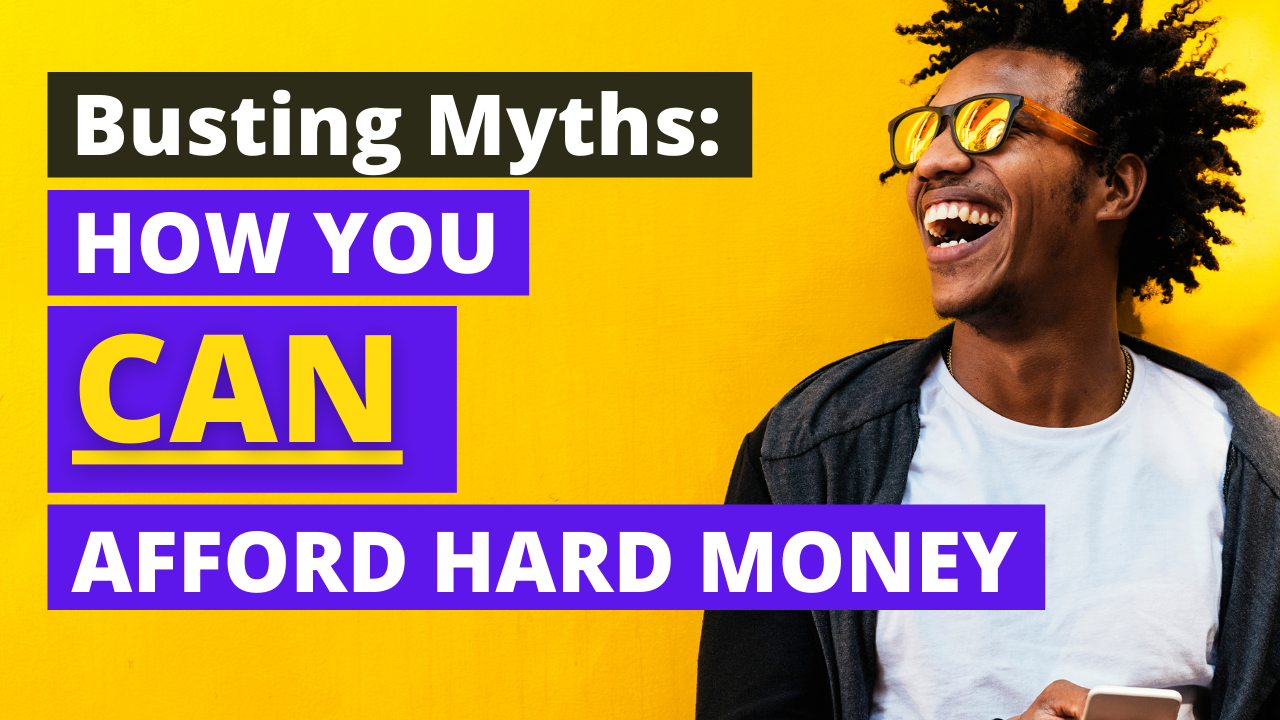How to Retire: Retirement Scares Me
Categories: Blog Posts
How to Retire: Retirement Scares Me
Retirement is just around the corner. It’s tiptoeing closer and closer…But, you’re not ready.
And that TERRIFIES you.
Because the stock market is constantly up and down, banks aren’t paying much if anything, and retirement accounts like PERA are questionable.
So, what can you do to prepare for retirement? Because whether you like it or not, it’s creeping towards you.
Well, one of the best and most secure strategies is private lending.
There are thousands of fix and flippers, landlords, and other real estate investors who can’t get a traditional loan through a bank. So, they turn to private lenders.
Someone like you. Someone who has a chunk of money they’d like to safely invest so they can boost their income…and their retirement savings.
So, how exactly do you make money in private lending? Well, it’s pretty easy, actually.
Step 1
Find a trustworthy real estate investor who needs cash to buy a fixer upper.
Step 2
Create a private note that includes the interest rate for your loan. Rates vary in private lending, so it’s your decision on how much you charge. And how much you charge depends on how much you trust your borrower.
Step 3
Collect interest payments and boost your retirement savings.
That’s the basic gist. And if you’d rather have someone else find trustworthy real estate investors, create your note, and oversee the life of the loan, then you can use a licensed and experienced company like ours to help you handle it.
Here’s the thing. Since the beginning of time, people have needed money. And they’ve always needed to borrow it from someone. Why not you?
Don’t let retirement scare you. Take control now and start investing your money in a way that will help you face retirement…and face it with confidence.
Ready to talk about investing your money in real estate? Great! Our team is always here to chat.
Happy investing!









